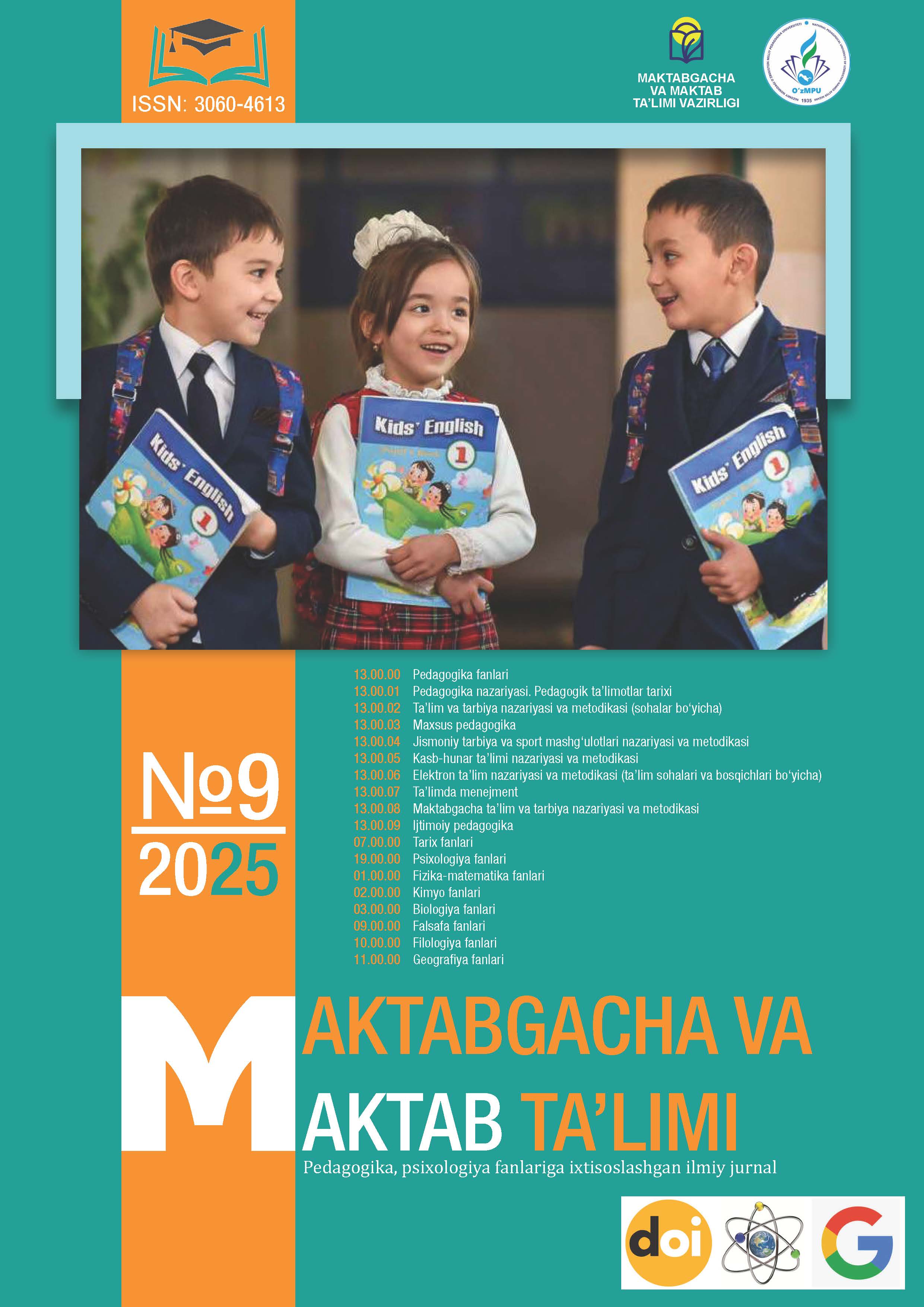Differences Between Computer-Based and Paper-Based Assessment in Inclusive Education
DOI:
https://doi.org/10.5281/zenodo.17112707Ключевые слова:
Inclusive education; computer-based assessment; paper-based assessment; accessibility; student engagement; digital inclusionАннотация
Inclusive education assessment plays a crucial role in ensuring equity, openness and fairness for students with
diverse needs. With the development of digital technologies, computer-based assessment (CBA) is increasingly replacing
traditional paper-based assessment (PBA). This article explores the key differences between CBA and PBA in the context
of inclusive education, focusing on accessibility, flexibility, reliability and student engagement. Using comparative analysis
and a literature review, the study identifies the potential and challenges of each approach. The results suggest that while
paper-based methods remain useful in certain contexts, computer-based assessment provides greater flexibility, integration
of assistive technologies and personalized feedback needed for inclusive education
Библиографические ссылки
1. Rose D. H., Meyer A. Teaching Every Student in the Digital Age: Universal Design for Learning. Alexandria, VA: ASCD;
2002.
2. Burgstahler S. Universal Design in Education: Principles and Applications. Minneapolis, MN: DO-IT, University of
Washington; 2015.
3. Emerson E., et al. Computer-based assessment for students with disabilities: A review of assistive technologies. Assistive
Technology Journal. 2018;12(4):220–234.
4. Smith J., Brown L. Flexibility and engagement: The effects of multimedia assessment on student motivation. Journal
of Inclusive Education. 2019;8(1):45–58.
5. Jones P., Miller K. Reliability and fairness in automated grading systems: A comparative study. Educational Assessment
Review. 2020;15(2):78–95.
6. World Bank. Bridging the Digital Divide in Education: Challenges and Opportunities. Washington, DC: World Bank;
2021.
7. Novak A. Practicality of digital vs paper-based assessments in low-resource settings. International Journal of Educational
Technology. 2022;10(3):112–126.
Загрузки
Опубликован
Выпуск
Раздел
Лицензия
Copyright (c) 2025 MAKTABGACHA VA MAKTAB TA’LIMI JURNALI

Это произведение доступно по лицензии Creative Commons «Attribution» («Атрибуция») 4.0 Всемирная.

